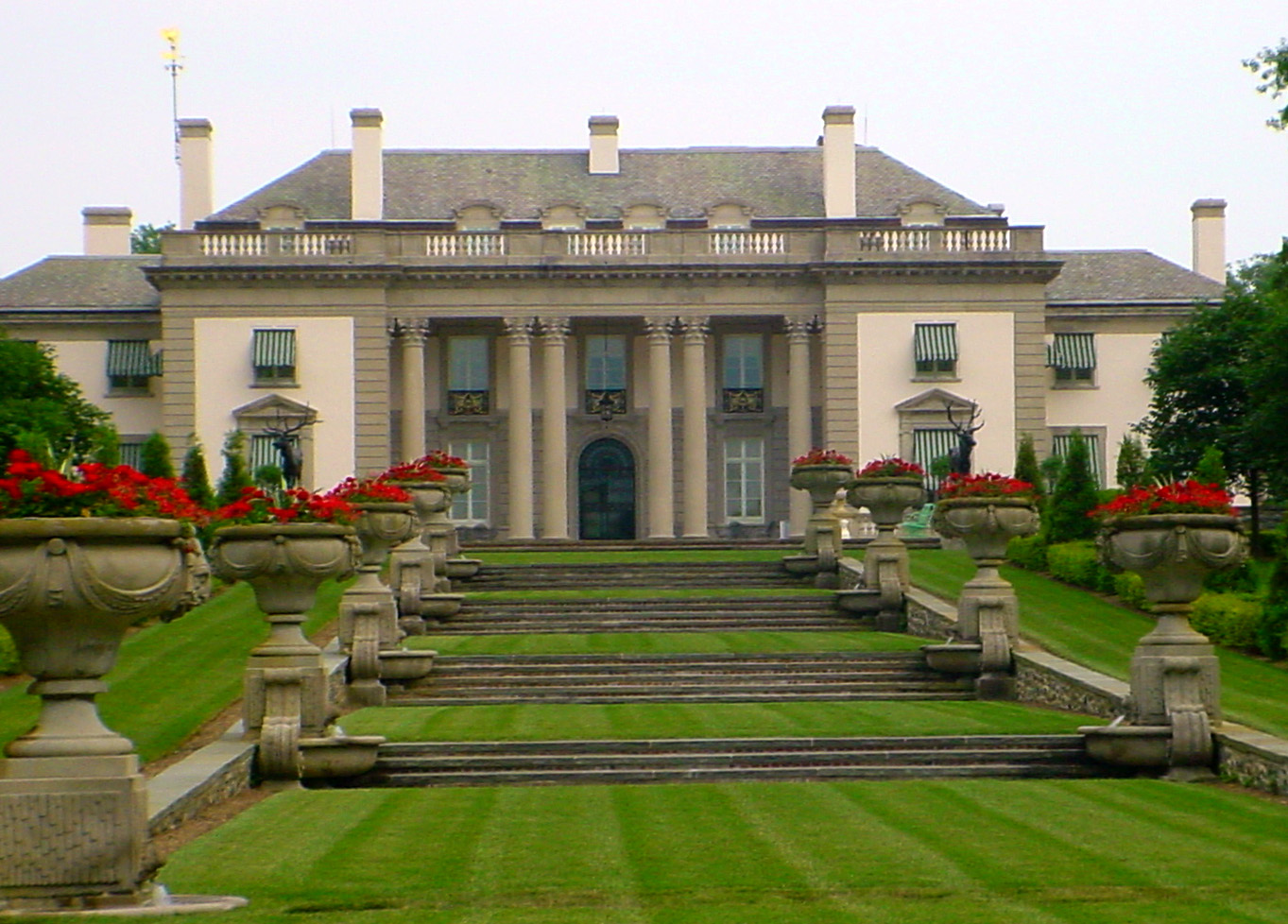 1
Kings 6:38 - 7:1 38 In the eleventh year in the month of Bul, the
eighth month, the temple was finished in all its details according to its
specifications. He had spent seven years building it. 1 It took
Solomon thirteen years, however, to complete the construction of his palace.
1
Kings 6:38 - 7:1 38 In the eleventh year in the month of Bul, the
eighth month, the temple was finished in all its details according to its
specifications. He had spent seven years building it. 1 It took
Solomon thirteen years, however, to complete the construction of his palace.
In recent years we have witnessed a tendency to view and make judgments about
historical events through a current day culturally influenced system of
morality.
This practice is fine if the cultural morality follows Biblical dictates and
convictions, but otherwise leads to a manipulated understanding of those
historical events.
Even more disturbing is to see these practices applied to Biblical accounts.
In 1 Kings 6 and 7, we find detailed the building of the Temple in Jerusalem and
the building of Solomon's Palace. Solomon spent 7 years building the Temple but
13 years building his palace.
 I
have heard several messages that intimate the beginnings of blossoming sin on
Solomon's behalf for spending more time on his own opulent dwellings than he did
on the dwelling place of God. Such a sentiment is a direct result of viewing
this Biblical account through today's culturally influenced sense of morality.
I
have heard several messages that intimate the beginnings of blossoming sin on
Solomon's behalf for spending more time on his own opulent dwellings than he did
on the dwelling place of God. Such a sentiment is a direct result of viewing
this Biblical account through today's culturally influenced sense of morality.
Our cultural influences have created a mentality of class envy within us: we are
told that those who excel do so at the expense of others around them; we hear
phrases about the wealthy that they need to be made to "pay their fair share".
When we study the Biblical text, these cultural influences dictate new meanings
to us, which were never intended by the text.
For Solomon, the building of the Temple was by specific design. David
wanted to build the Temple but God told him through a prophet that it would be
his son who would build it instead; but God gave David the architectural design
for the Temple. David spent his remaining days storing up resources for the
building of the Temple.
The building of the Temple by Solomon
represents the validity of God's Word. He
said that David's son would build the Temple, and he did, and it was built in
accordance with the plans that God provided, having taken 7 years.
The building of Solomon's Palace represents
the faithfulness of God's Word.
1 Kings 3:11-13
11 So God said to him, “Since you have asked for this [wisdom] and
not for long life or wealth for yourself, nor have asked for the death of your
enemies but for discernment in administering justice, 12 I will do
what you have asked. I will give you a wise and discerning heart, so that there
will never have been anyone like you, nor will there ever be. 13
Moreover, I will give you what you have not asked for – both wealth and honor –
so that in your lifetime you will have no equal among kings.
What this teaches us, far from symbolizing Solomon's descent into materialism at
the expense of those around him is that God is a promise-keeper. God keeps his
word. When God declares His intentions, you can rely on that declaration, you
can believe it's going to happen, you can trust that this will be the outcome,
you can have faith that it will be accomplished!
The luxuriousness of Solomon's palace is a vivid fulfilment of what God said he
would do. He said, I will give you SO MUCH WEALTH, that you will never have an
equal as long as you live.
This was God's purpose for his life, God's plan and desire for Solomon. We
deceive ourselves and pervert the scriptures when we let our cultural morality
seep into our understanding of God's word.
To further illustrate how we have modified the meaning of God's word through our
cultural influences, note what the commentators of the previous generations felt
about these verses.
John Gill (1697 – 1771) wrote: He made more haste with the house of God than
with his own, for that was but seven years in building; which showed
greater regard to the honour of God then to his own glory, or even
convenience; nor was this built till after that:
John Gill's take was that Solomon showed greater regard for the Lord by building
the Temple first and more quickly, than it took him to build his own home, being
inconvenienced for a lengthier period of time during the construction.
Matthew Henry (1662 – 1714) wrote: Much of the comfort of this life is connected
with an agreeable house. He was thirteen years building this house, whereas he
built the temple in little more than seven years; not that he was more exact,
but less eager and intent, in building his own house than in building God’s. He
was in no haste for his own palace, but impatient till the temple was finished
and fit for use. Thus we ought to prefer God’s honour before our own
ease and satisfaction.
Matthew Henry believed that Solomon showed greater honor for the Lord by
diligently completing this work instead of providing a comfortable place for
himself first.
John Wesley (1703 – 1791) wrote: The royal palace for himself, and for his
successors. Thirteen years - Almost double the time to that in which the temple
was built; because neither were the materials so far provided and prepared for
this, as they were for the temple: nor did either he or his people use the same
diligence in this, as in the other work; to which they were quickened by
God's express command.
John Wesley felt that more diligence was applied to the building of the Temple
because the work was performed in answer to the expressed command of God.
Somewhere along the line, through the cultural influences of our society, we now
look back at these same verses and criticize Solomon for his opulence and waste,
we condemn him for his extravagance at the expense of others when we should be
praising God for fulfilling his word and keeping his promise – Just as He always
does!
 1
Kings 6:38 - 7:1 38 In the eleventh year in the month of Bul, the
eighth month, the temple was finished in all its details according to its
specifications. He had spent seven years building it. 1 It took
Solomon thirteen years, however, to complete the construction of his palace.
1
Kings 6:38 - 7:1 38 In the eleventh year in the month of Bul, the
eighth month, the temple was finished in all its details according to its
specifications. He had spent seven years building it. 1 It took
Solomon thirteen years, however, to complete the construction of his palace. I
have heard several messages that intimate the beginnings of blossoming sin on
Solomon's behalf for spending more time on his own opulent dwellings than he did
on the dwelling place of God. Such a sentiment is a direct result of viewing
this Biblical account through today's culturally influenced sense of morality.
I
have heard several messages that intimate the beginnings of blossoming sin on
Solomon's behalf for spending more time on his own opulent dwellings than he did
on the dwelling place of God. Such a sentiment is a direct result of viewing
this Biblical account through today's culturally influenced sense of morality.